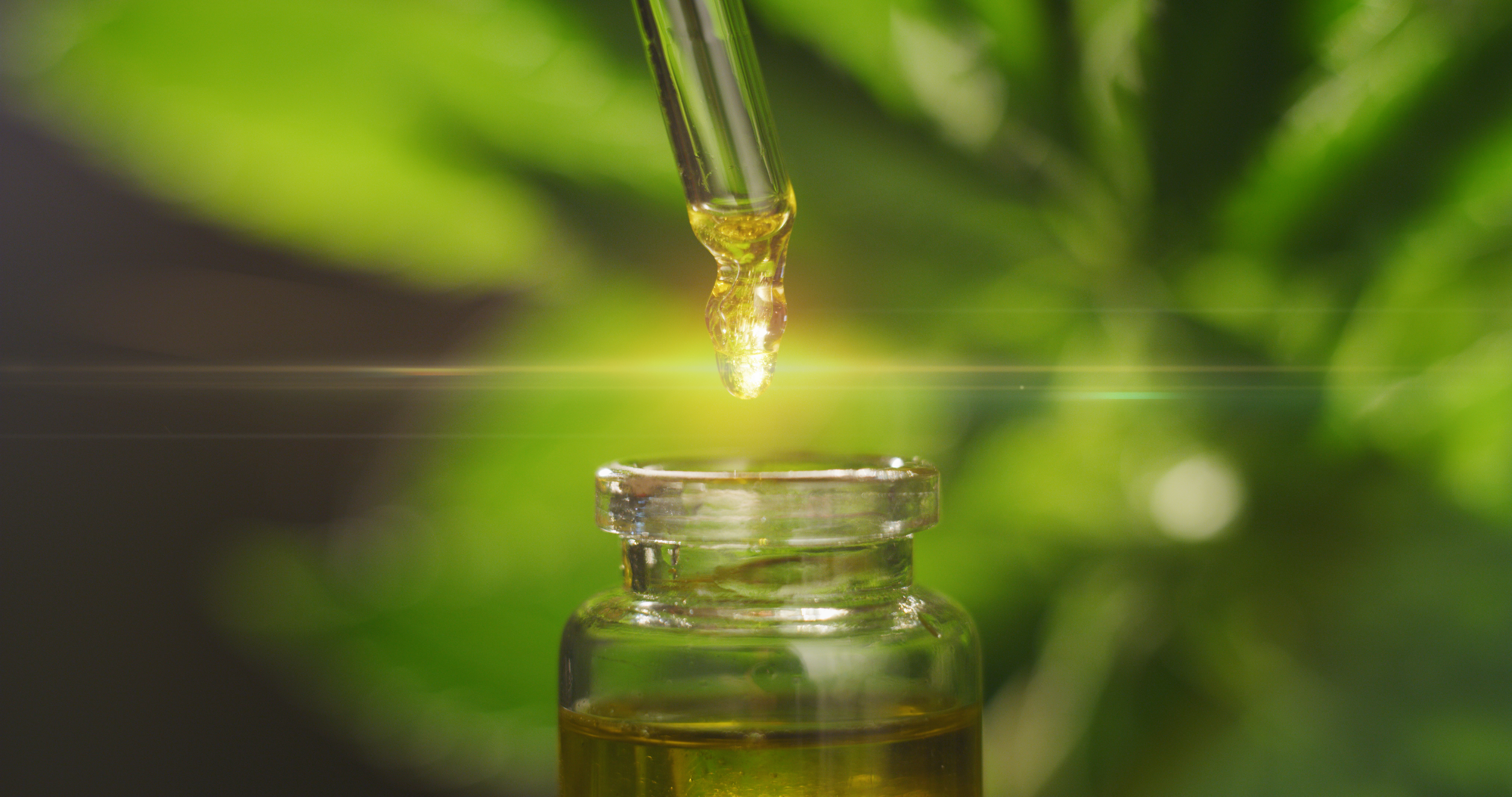
| Period: |
01.07.2022 - 31.12.2025 |
|---|---|
| Partner: | |
| Funding: |
Federal Ministry of Education and Research funding code: 031B1234 |
|
Project Manager: |
Dr. Hendrik Schewe |
| Divison: | Chemical Technology |
| Team: | Microbial Biotechnology |
The aim of this international research project is to develop concepts for the intensive use of monoterpenoids and homoterpenoids in the context of a future bioeconomy.
While monoterpenoids refer to terpenoids with ten carbon atoms, the term homoterpenoids covers all terpenoids whose number of carbon atoms does not correspond to 5, 10, 15 or generally n x 5. The use of homoterpenoids can take place at various levels and in various industrial sectors, some of which will be tested in the context of this project and ideally lead to concrete product developments.
In addition to uses as flavoring agents, solvents, preservatives or as synthesis building blocks for pharmaceutical products, there are also various possible uses for homoterpenoids in the area of plant protection. Plant protection is of great interest for the countries involved in this project, Germany and Canada, due to their intensive agriculture and forestry. Canada also has a high production capacity for plant-produced monoterpenoids such as pinenes due to its large coniferous tree populations.
One focus of the project is the development of biotechnological possibilities for the conversion of such residual material streams into higher-value substances. The second focus is the establishment of monoterpenoid and homoterpenoid synthesis pathways in microorganisms and plants with the aim of producing previously inaccessible products.
In the medium and long term, the project should also contribute to the establishment of new plant protection concepts, which are an essential component of a bioeconomy.
To achieve the project goals, sequence analyses and the isolation of microorganisms from terpene-rich habitats must first be carried out. After the identification of promising sequences or microorganisms, these will be characterized and production organisms or processes will be developed. Finally, selected products will be structurally elucidated and sampled, and associated processes with high application potential will be evaluated in terms of economic viability and sustainability.

back